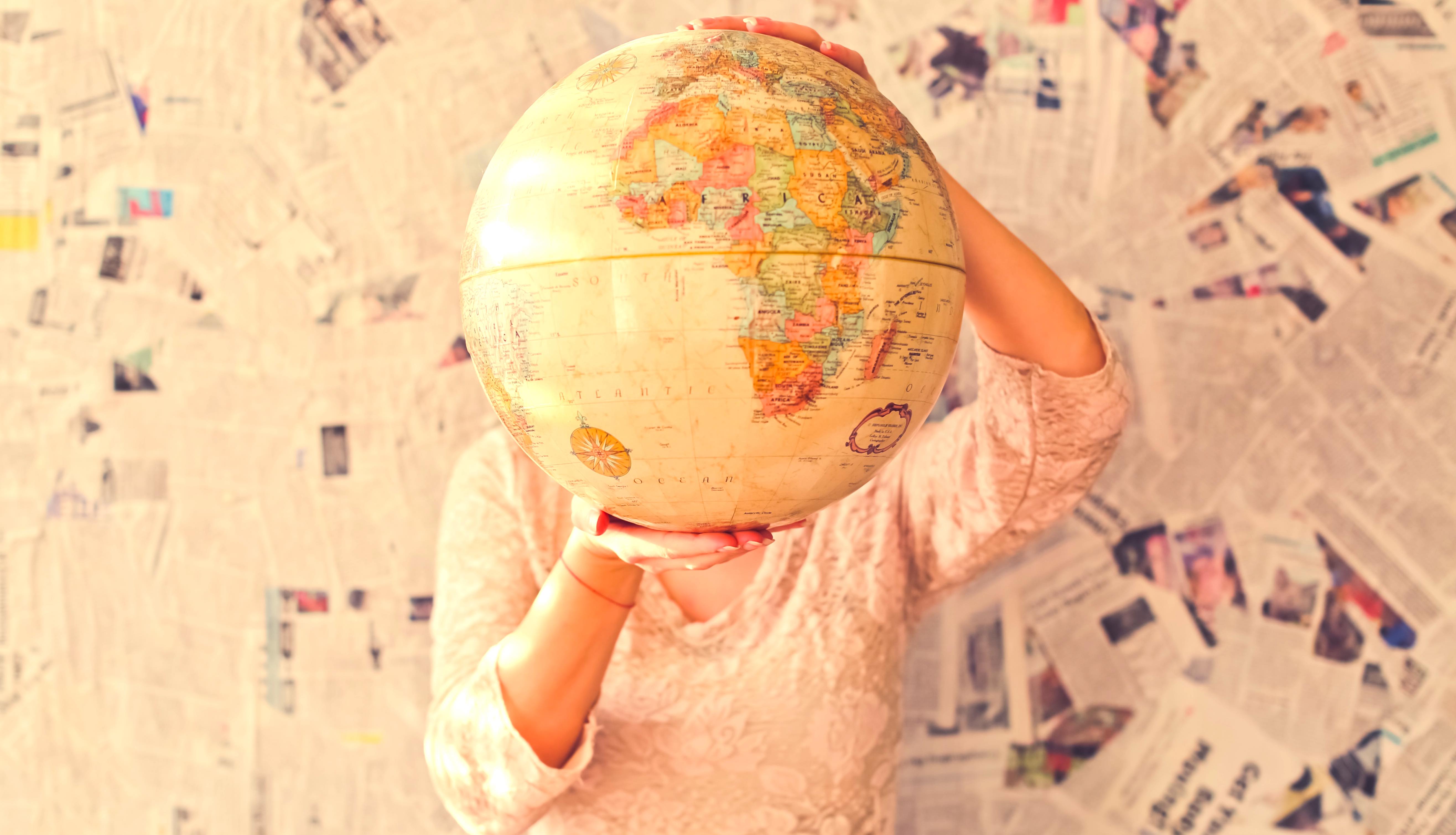On November 27th the Organization for Economic Cooperation and Development (OECD) opens its 6th World Forum Statistics, Knowledge and Policy. The Happiness Alliance will convene a panel called Happiness In Public Policy, featuring authors of the Happiness Policy Handbook (available soon from New Society Publishers) and board members of the Happiness Alliance, Rhonda Phillips and Jean Crowder, and Laura Musikanski. Other panelists are John Helliwell, co-editor of the World Happiness Reports and Global Happiness Policy Report, Stefano Bartolini, author of the Manifesto for Happiness, Lester Kurtz, co-editor Non-Violent Social Movements, and Michael Moser, co-author of the Vermont Happiness Study
The theme at this year’s forum is The Future of Well-being, which begs the question, what is the future of well-being?
In one version, governments worldwide are using wider measures of well-being in lieu of Gross Domestic Product (the sum of all goods and services produced in a year). Government, business and society consider people’s happiness, community well being, and ecological sustainability as least as important as the economy. We narrowly escaped a situation in which the ice caps melted, sea levels rose enough to engulf millions of homes and hundreds of species escaped extinction. We have transformed our transportation, food, energy, production, waste, and commerce systems to sustainable methods. Economic inequalities in which people go hungry, without work, homes, or healthcare, children go without education, and millions live in slavery or servitude, are a distant and distasteful memory. Culturally, we put a higher value on personal integrity and care of others and self than personal wealth, status, and looks. People feel positive about themselves, optimistic about the future, satisfied with their lives, and happy in the moment. In another version of the future, all of these things and worse have come to pass.

If the first version of the future comes true, then today’s efforts will have resulted in systematic changes. Governments globally will be using wider measures of well-being as their primary metrics. The OECD Better Life Index, or a measurement like it, will be as common topic of discussion in the media as GDP is today. Cities, town, communities, campuses and companies will be using measures like the Happiness Alliance’s Happiness Index as their primary measure of success, as economic growth rates are used today.
That is one version of the future. But how likely is it?
Looking at the state of things today, it seems not likely at all. According to the IPCC, we have ten years to go until it’s too late to reverse life threatening ecological disasters, which will issue in economical and potentially social disasters.
If our world is torn apart by rising sea levels, raging fires, droughts, pandemics and other crisis, what does the future hold for our well-being? What will we do?
This is a particularly important question for those in the Happiness or Beyond
GDP Movement because what we do will be based on what our values are. If we
value our relationships, community, and each other more than personal gain and the
associated greed; mother nature more than distraction; and a full heart more
than a full pocketbook, we will know what to do to face these challenges in
ways that bring grace, love, healing and happiness.
One thing we can do right now to face the future of well-being is develop our capacity at an individual and societal level to heal. We can do this by looking at where we are hurting.
We have examined the Happiness Index data gathered during November and December in 2017 from a convenience sampling. We focused on data for people who do not feel positive about themselves (1 or 2 on a scale of 1-5, meaning they do not agree that they feel positive about themselves). It turns out that people who do not feel positive about themselves are also hurting on many other levels. They are do not feel optimistic, healthy or energetic. They are stressed, disengaged, and lonely. (Note that we are not using the data to explain causality. We are not saying that people are lonely, stressed, disengaged because they do not feel positive about themselves.)
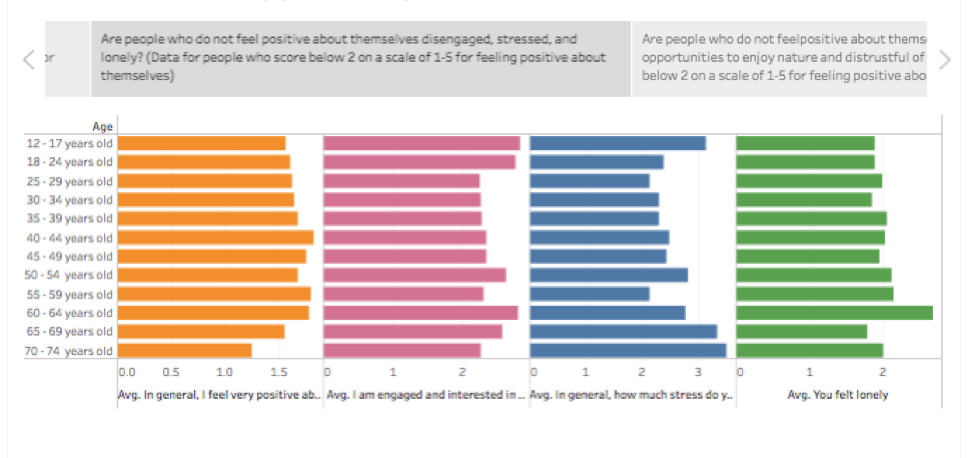
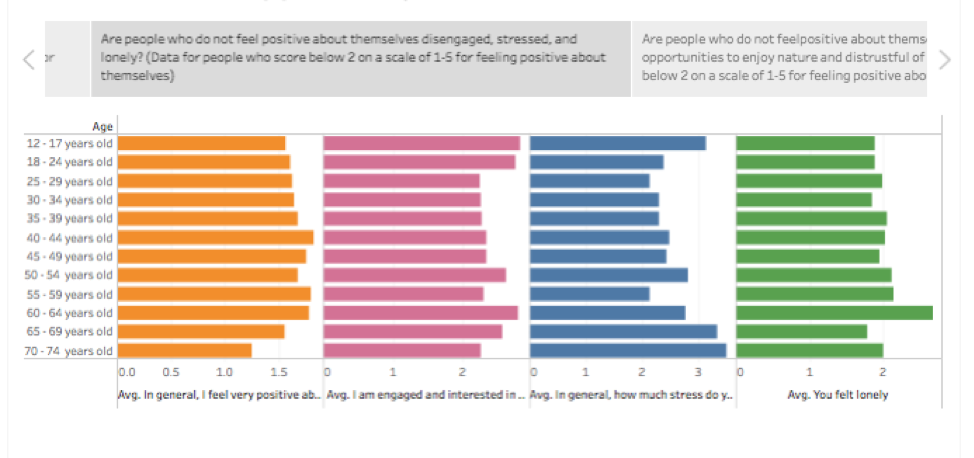
Graph 2: People who do not feel positive about themselves do not generally feel their life has purpose and meaning or feel they have a lot of energy.
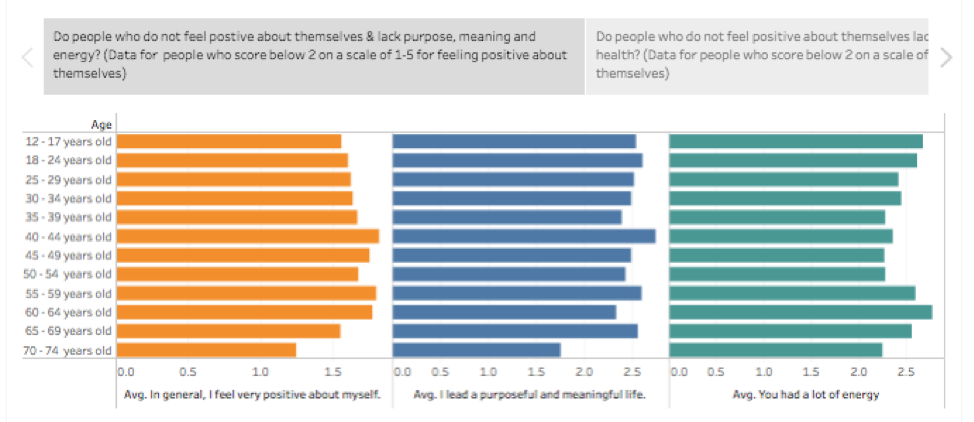
Graph 3: People who do not feel positive about themselves are generally not optimistic and do not feel healthy.
What does this have to do with our well-being today and the future of well-being?
It turns out that one of the most important things you can do for your own well-being is care for somebody else. It also turns out that one of the most impactful ways you can care about someone is to listen attentively with love and without judgments. Connecting the dots is the fact that when we feel cared about, we are more happy, and when we are happy, we are more resilient. So, listening attentively is one on the many steps on the path to well-being today and in the future.
It is human nature to prefer to talk (and be heard) than to listen. If you are like most people, when someone else is talking, you are either trying to get something out of the conversation or waiting for the person to stop talking so you can take your turn.
When you listen with love and without judgment, you take a different approach. First, you attend to what is happening in your body and mind when the other person talks. Does your body relax or tense up? What thoughts or memories arise? What feelings come and go? You attend to your body, feelings and thoughts by noticing them arising, then falling away, then the next feeling, thought, or change in your body arise, then fall away. If feelings or thoughts arise that are unkind, you notice that they are unkind, and notice how the unkindness hurts inside. You notice that you are hurting and hold yourself in compassion. This is listening with love.
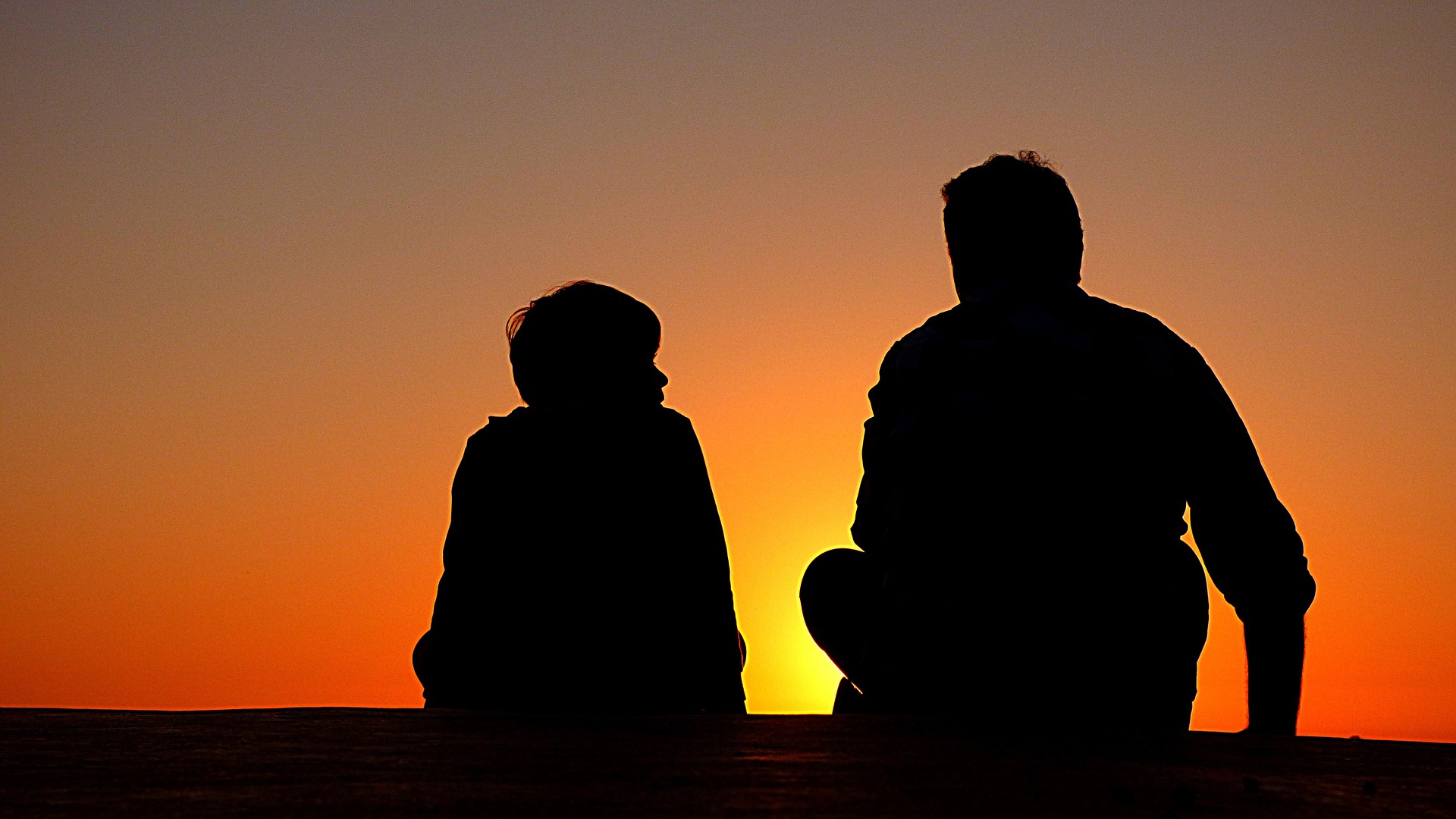
Second, you attend to what the person who is speaking is saying with their words, tone, facial expression and body language. You do this with as much acceptance as you can, noticing when you judge something they say, and allowing that judgment to arise without acting on it. Eventually it will fall away as they continue speaking, and you notice the judgment falling away. You notice when a desire to stop them from talking more and tell them something arises, and allow the desire to be there without acting on it. Eventually that desire falls away, and you notice that. The trick to allow the judgments to arise and fall away without taking control of the conversation. This is how to listen without judgment
When the person feels heard, and is ready for you to speak, you let go of everything that your mind has been storing up to say. Pause. Take a deep breath. Then two more. Then see what feeling, thought or memory comes up. You ask yourself if it would be loving, helpful and appreciated by the person to say what comes up. If the answers to all three are yes, then you speak. If not, you tell the person you need more time to reflect, or that you would like to come back to the subject later, because you care about them and want to think more deeply about what they said. This is how you show you are listening with love and without judgment.
Listening and the future of well-being may not seem connected at first blush, but as you develop your listening skills, you are developing your own capacity for realizing well-being in your life, you are helping others to realize it in theirs, and you are contributing towards the future of well-being.
When we listen with our heart, our body, and awareness, we are contributing in one small but powerful way to a future of well-being. With listening, we find other ways to contribute to the future of well-being that give us a sense of love, connection, and joy, which fosters well-being right now.
Written by Laura Musikanski, JD, MBA, and James Bradbury, PhD


